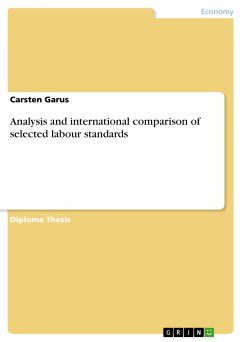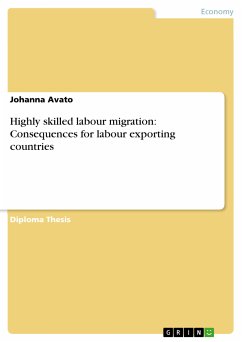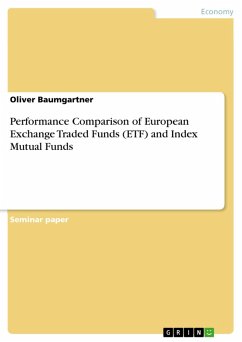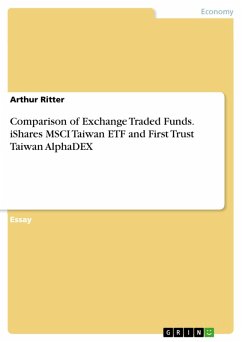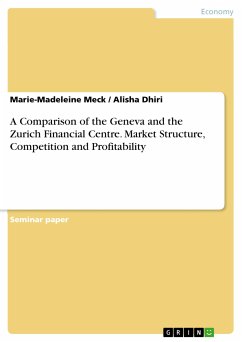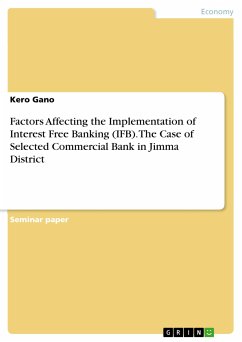Diploma Thesis from the year 2003 in the subject Economics - International Economic Relations, grade: 2,3 (B), University of Paderborn (International Economic Relations), language: English, abstract: We view workers as trying to find the best possible job and assume that most firms are trying to make money. Workers and firms, therefore, enter the labour market with different objectives- workers are often trying to sell their labour at the highest price, whereas firms are often trying to buy labour at the lowest cost. But this relationship between workers and firms involves much more than the exchange of a worker’s labour service for the payment of an hourly or monthly wage. Labour standards that guarantee appropriate working conditions and various forms of insurances1 which protect workers are also provided as part of the employment relationship in most countries.2 As a result of this, the employment relationship, which is one of the most fundamental relationships in our lives, attracts a good deal of legislative attention. Wages and other terms of employment are not determined solely through market dealings between workers and employers. The types of economic exchanges that can occur between workers and firms are often limited by the set of basic rules that the government has enacted to regulate transactions in the labour market. Therefore, three leading actors are in the labour market: workers, represented by labour unions, firms and the government. Labour standards, which can be defined as “norms and rules that govern working conditions and industrial relations”3, should cover most workers and workplaces, and represent the minimum labour rights to which employees are entitled—a ground floor below which employers cannot go. They include issues such as the minimum wage, maximum hours of work, overtime pay, maternity leave, statutory holidays—in essence, an array of labour laws that allow workers to better balance work and family, protect their personal time, and earn a decent living under reasonable conditions. In recognition of the fact that the relationship between a worker and an employer is not always an equal one, labour standards represent a collective agreement society negotiates on behalf of all workers.4 [...] 1 These insurances include, for example, unemployment, health care, and retirement income insurances (pensions). 2 According to Ronald G. Ehrenberg (1994), p. 5 3 According to the OECD (1996b), p. 25 4 “It is easier for an employer to replace recalcitrant workers than for employees to “replace” a recalcitrant employer, especially when unemployment is high” (Stiglitz, 2001).

